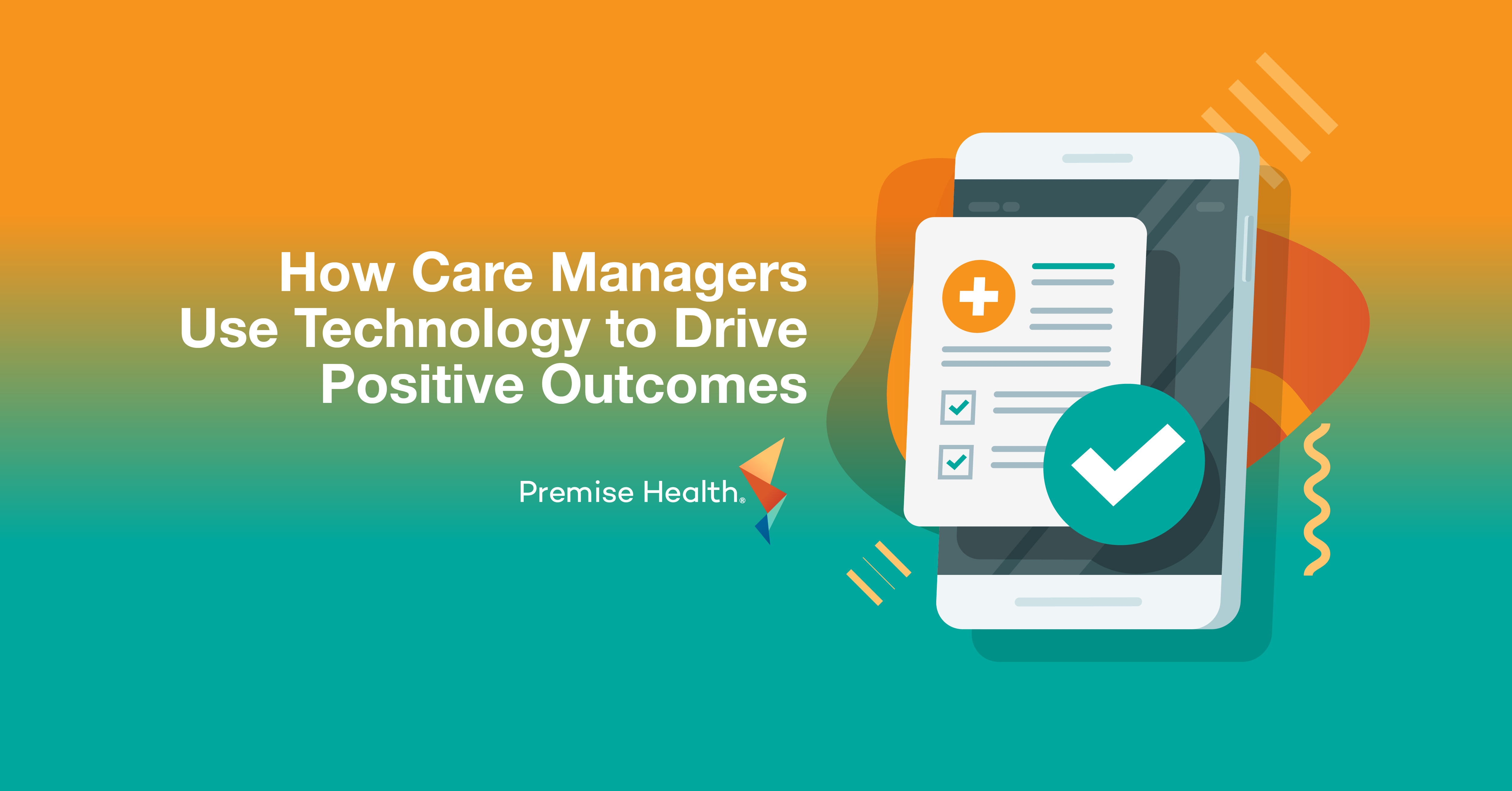Integrated Behavioral Health: The Missing Piece of Your Healthcare Strategy
Mental health, and particularly the ways our work affects mental health, is at the forefront of everyone’s minds recently. Even the U.S. Surgeon General has drawn attention to this topic with a recent framework for Workplace Well-Being and an advisory on the Epidemic of Loneliness, both calling out real concerns about how our nation’s mental health is faring.
When it comes to your employees’ health, behavioral health is most effective when it’s paired with multiple solutions to treat the mind, body, and spirit. Let’s look at some of the ways behavioral health integrates with other types of care to achieve improved health outcomes for patients and organizations.
Behavioral Health and Primary Care Integration
Primary care providers (PCPs) serve an important role for many as the first point of entry into the healthcare system, especially for those seeking behavioral health support.
When a patient seeks counseling, the experience should be a seamless and welcoming transition between providers to minimize friction or confusion. PCPs can facilitate that smooth process by providing general mental health screenings and support for common conditions. Additionally, behavioral health integration in primary care assures PCPs that members they are treating for behavioral health conditions are receiving recommended therapies from a qualified provider while PCPs are quarterbacking member care.
The result is an integrated care team approach that helps PCPs and behavioral health providers easily collaborate, and members feel supported through warm handoffs and continuous care.
Behavioral Health and Occupational Health Integration
With over 160 million Americans living in mental health professional shortage areas, sometimes the biggest challenge is connecting individuals with providers. As the only clinician that many workers in remote areas have access to, occupational health providers are familiar with this challenge. That means they have an integral role to play when it comes to filling the gap for workers looking to access mental health resources.
When it comes to workplace injuries, occupational health providers taking a Total Worker Health® approach to care must keep behavioral health issues in mind. Employees being out of work or potentially losing income can trigger extreme stress or exacerbate an existing mental health condition, and occupational health providers should be prepared to make a warm referral to a mental health professional when necessary.
Counselors and occupational health providers have plenty in common too when it comes to their work. In-depth knowledge of the job roles and social determinants of health for a workforce help both types of providers tailor treatment to a unique population. Additionally, bringing in a third-party organization for these services gives employees extra peace of mind when it comes to seeking care. They don’t feel like they’re seeing a company provider and they can trust that their records are being kept confidential from their employer.
All these factors come together to ensure employees have a successful return-to-work after an injury without damaging their health – physically or mentally.
Behavioral Health and Wellness Integration
Behavioral health and wellness are two solutions that often overlap, as they’re both focused on helping people work toward a common goal: Encouraging healthy behaviors.
When behavioral health providers have limited capacity, wellness coaches can serve as the first line of intervention for issues related to physical activity, nutrition, stress management, and social connection. Coaches help individuals work on the practical skills that contribute to better mental health like sleep, work/life balance and life satisfaction and build on the progress individuals make during behavioral health counseling sessions.
When combined with behavioral health services, wellness coaching can also give employers more creative options to support their employee’s emotional wellbeing, including lifestyle management programs, corporate challenges, health fairs, and more for a well-rounded approach that helps people change, grow, and thrive.
Behavioral Health and Care Management Integration
Analyzing your healthcare data identifies the members within your population that are struggling to get the care they need. This is revealed through trends of high healthcare spend, including costly repeat visits to the emergency room that may go hand-in-hand with complex chronic conditions and behavioral health concerns. Care managers, armed with this data, can proactively reach out to high-cost, high-risk members, walk alongside them, and empower them to make lifestyle changes that alleviate the physical and emotional effects of chronic conditions.
What does this look like in practice? Once a member is identified as high-cost and high-risk through claims data, they’ll receive a message from a care manager and the two will work together to help the member establish a relationship with a primary care provider.
At the first appointment, the member is diagnosed with diabetes, the root of their high-cost issues. As the member adjusts to this new diagnosis, the care manager is supporting them through regular check ins, lifestyle medicine coaching, and even referrals to behavioral health providers to help with the emotional impact of their diagnosis.
The goal is for the member to feel supported and have the tools to treat and potentially reverse their chronic condition, lowering their healthcare spend along the way. Behavioral health is a big part of that equation to help members get to optimal health – mind and body.
With 7 in 10 employees reporting they would like their company and managers to do more to support their mental health, it’s up to organizations and their leadership to blaze the trail when it comes to integrating behavioral health with other healthcare solutions.
At Premise, we see this in action with our clients every day as we bring together collaborative care teams to treat members holistically. Behavioral health professionals are an invaluable part of that care team, adding a vital perspective that contributes to comprehensive care that’s unmatched in the community.
Behavioral health is also a key component of our advanced primary care philosophy to help deliver better outcomes for members and providers. Our experience delivering integrated solutions through models as complex as advanced primary care makes us the right partner to deliver integrated behavioral health solutions to your people.
Contact us today to learn more.
Next on industry insights.

Provider Dispensing and its Role in a Better Care Experience
Read the Blog
Clinical Quality at Premise: A Q&A With Meghan McManama, DNP
Read the Blog